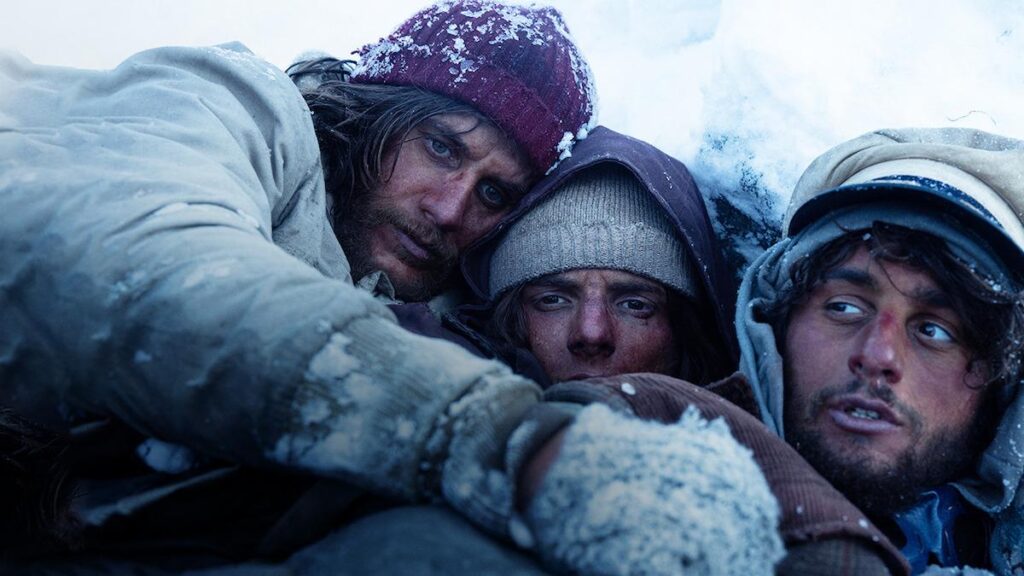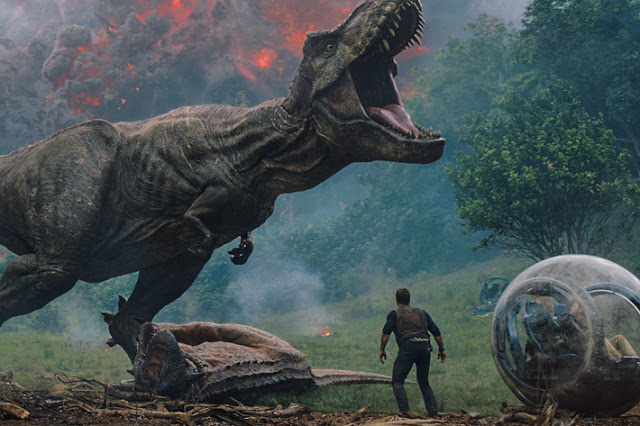Society of the Snow: The Hunger Shames

The movies love an impossibly true story—and if you aren’t familiar with the ultimate fate of the passengers of Uruguayan Air Force flight 571, you should probably stop reading now. If you are acquainted with this chilling saga of disaster, despair, and endurance—in which the survivors of a plane crash spent 72 days marooned in the Andes before being rescued—it might be because you’ve seen Alive, the 1993 feature directed by Frank Marshall. That decidedly American production, which was distributed by Disney, starred Ethan Hawke and Josh Hamilton as two of many white dudes cast as Uruguayan rugby players. Now, in a reclamation of sorts, comes Society of the Snow, a more culturally accurate recreation of the 1972 ordeal suffered by the Old Christians rugby team and other unfortunate travelers.
In a way, this operates as an inversion for J.A. Bayona, the Spanish filmmaker whose diverse credits include Jurassic World: Fallen Kingdom and The Orphanage (his first and best), and who previously revisited real-world tragedy and triumph with The Impossible. That movie, inspired by the plight of a Spanish woman during the 2004 Indian Ocean tsunami, made the controversial decision to tell its story primarily through the lens of three white UK actors. Here, Bayona seems to have inoculated himself against any accusations regarding representation; the men who play the ill-fated athletes all hail from Uruguay or Argentina, and none of them possesses a recognizable name that could be leveraged for marketing purposes. Their relative anonymity is in keeping with the picture overall—both for the heartfelt homage it pays to its real-life counterparts, and for the struggle it exhibits when attempting to turn torchbearers of agony into distinct characters. Read More

